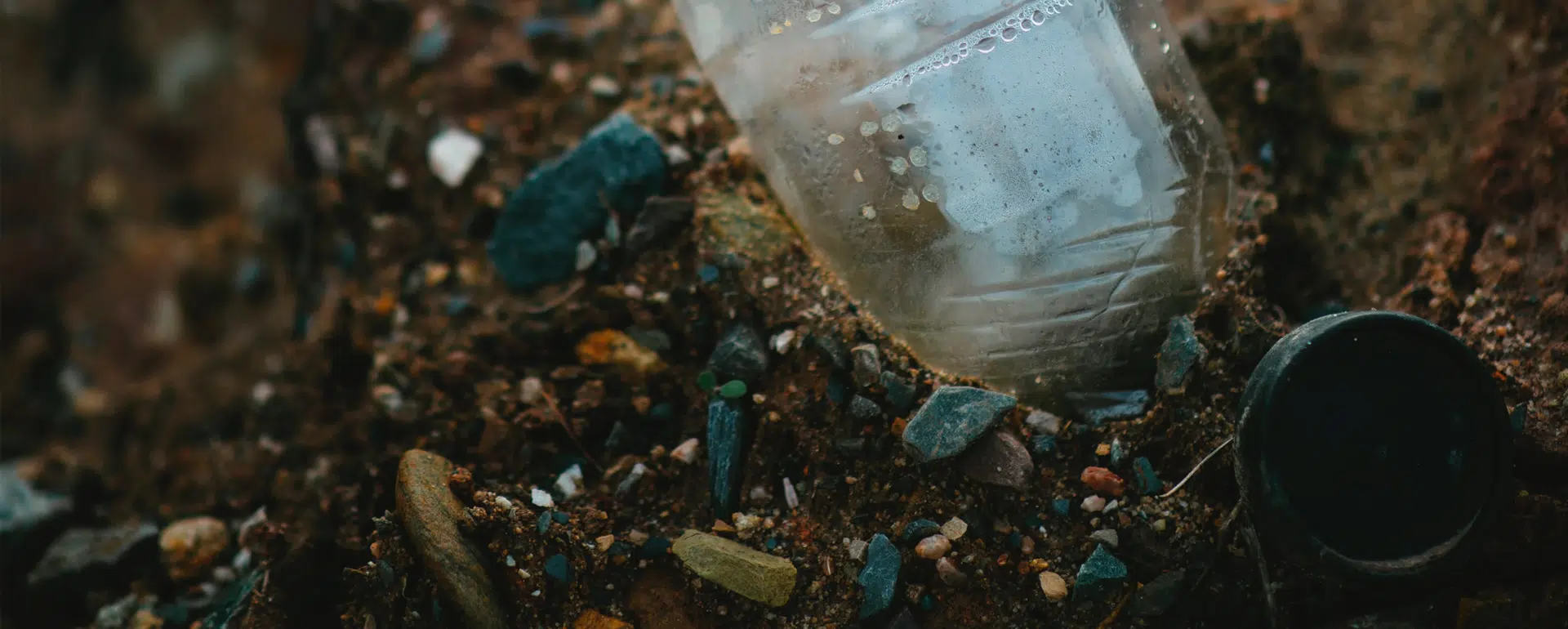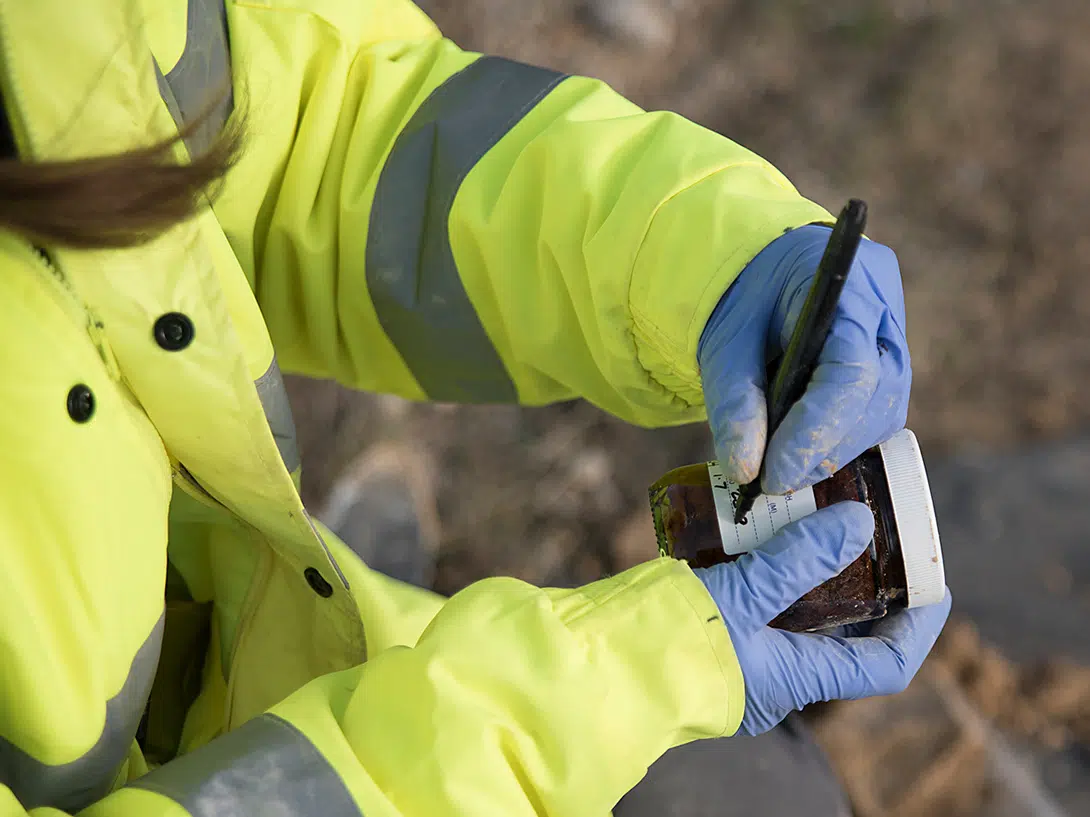Find out more about our WAC testing service.

If you have undertaken a building project, you will have disposed of waste soils. Whether removed off-site due to groundworks, installation of services / foundations, these soils would be classified as a waste.
Under the Technical Guidance WM3, one of the main responsibilities of the waste producer is to classify the waste to determine its hazardous properties. There is a lot at stake if you have not adequately classified your waste soil including:
Unnecessary disposal costs
Rejection of soil at Landfill
Prosecution or Tax fines
Testing the soil is a small price to pay compared to the cost of delay or inappropriate disposal to the wrong waste disposal site. HMRC is working closely with the Environment Agency to prosecute offenders who have avoided paying a higher rate of landfill tax by not classifying their waste correctly. Landfills can reject soil loads which do not have proper waste classification resulting in expensive delays to your project.
The sooner you get absolute clarity on the classification of any waste soils, the sooner you can plan for the most cost-effective way to dispose it.
Remember waste soils must fall into one of two categories, Hazardous soils (17-05-03) and Non-Hazardous soils (17-05-04); Inert is not a waste category!
It is a common misunderstanding that you only need a WAC to disposal of soils. Instead, you need to determine if the soils are hazardous or non-hazardous through a suitable suite of chemical testing, not a WAC.

How we can protect your construction site from unnecessary delays and costs. If piling is part of your construction plans, a piling risk assessment could be a vital step to avoid potential problems that could disrupt your project, including: Piling risk assessments are now explicitly referenced within the Environment Agency’s Land Contamination Risk Management Guidance […]
How we can protect...
Contamination is not always something that can be seen; often contamination is invisible, buried below ground or is present in perfectly normal looking topsoil.
This is a question...
What is a Phase 1 Desk Study? A Phase 1 Desk Study will determine if contamination could be present at your site, and importantly, if that contamination poses a risk to future site users or the environment. Why is a Phase 1 Desk Study needed for this site? If the Desk Study finds that the […]
What is a Phase 1...
When you are looking for an Environmental Consultant, it is important to choose the right one to guide you through the process. At Lustre Consulting, we are committed to our core values of being: Supportive: To support our customers as best we can professionally and personally. Reliable: Going out of our way to deliver a […]
When you are looking...